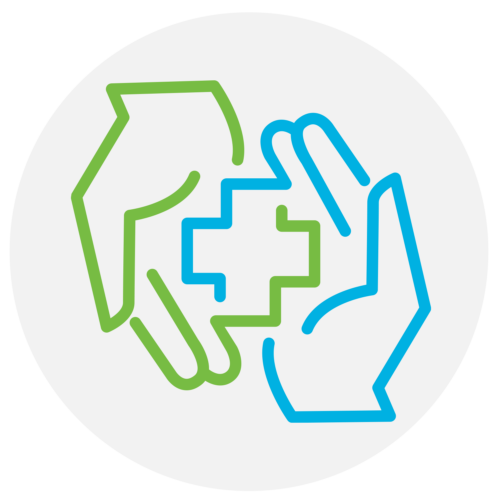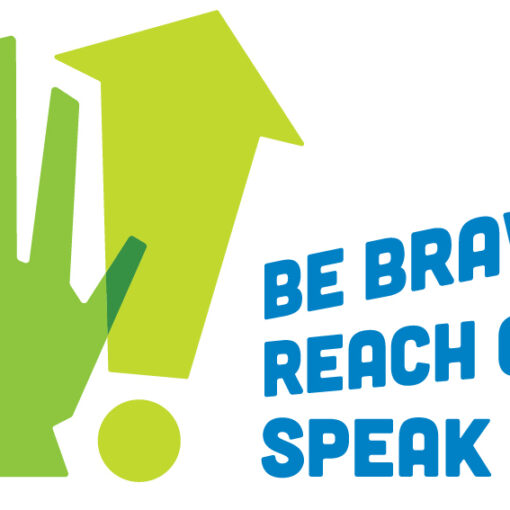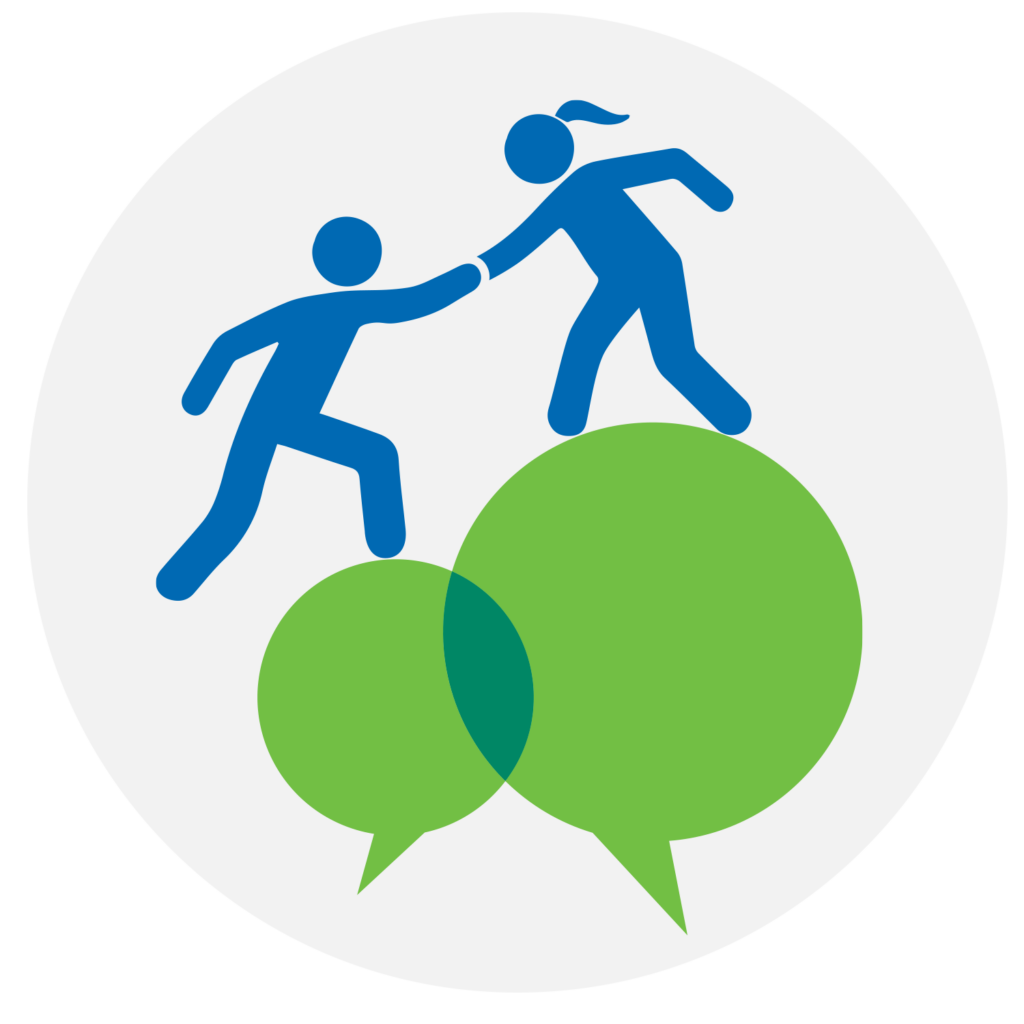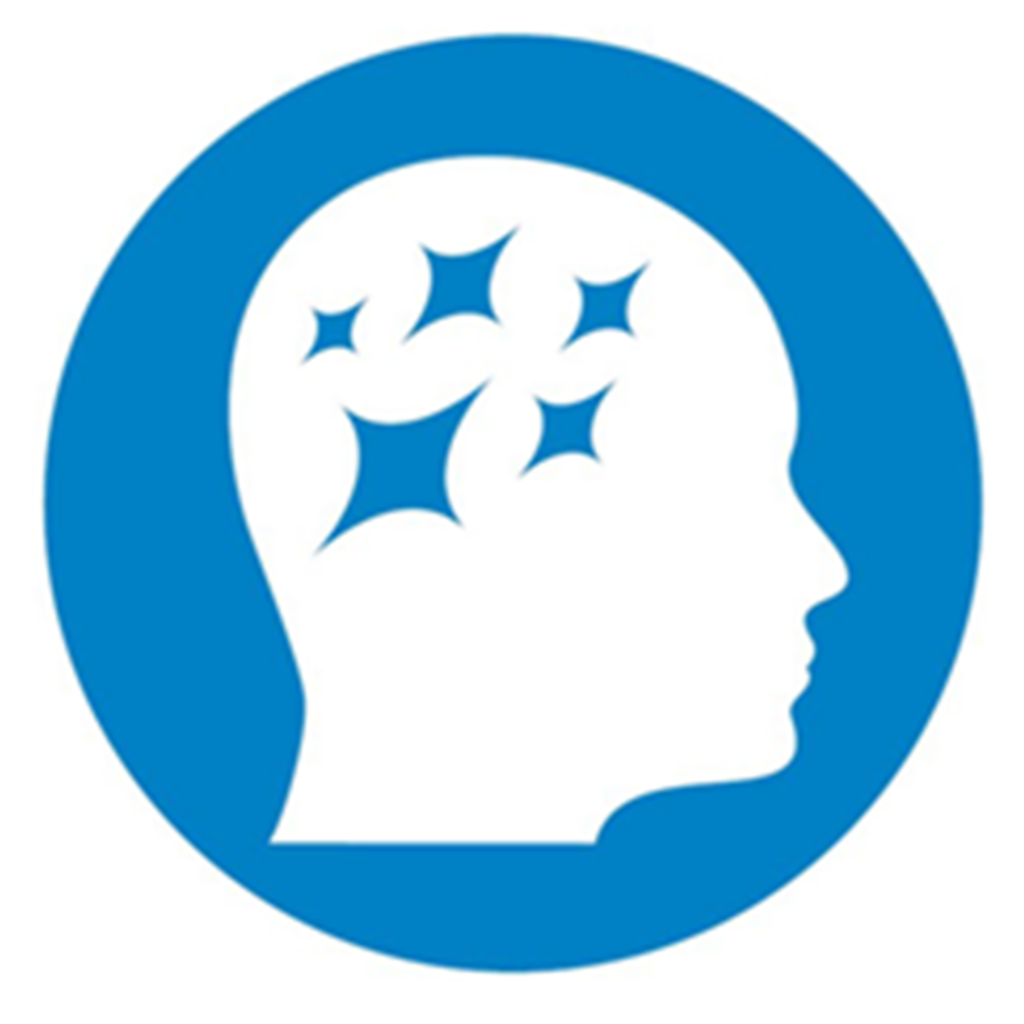Interested in Mental Health Training?
Mental Health Commission of Canada offers several evidence-based mental health training programs that are founded on best practices, research, and methodologies.

If you are in distress, you can call or text 988 at any time. If it is an emergency, call 9-1-1 or go to your local emergency department.
Mental Health Commission of Canada offers several evidence-based mental health training programs that are founded on best practices, research, and methodologies.


Mental Health First Aid is the help provided to a person developing a mental health problem, experiencing the worsening of an existing mental health problem or in a mental health crisis. Just like physical first aid is provided until medical treatment can be obtained, MHFA is given until appropriate support is found or until the crisis is resolved.
Through stigma reduction and mental health awareness, The Working Mind (TWM) program seeks to change Canadians’ behaviours and attitudes toward people living with mental illness, helping to ensure people are treated fairly and as full citizens with opportunities to contribute to society like anyone else. Program participants have shown an increase in resiliency skills and mental health wellbeing, and a decrease in stigmatizing attitudes.
HEADSTRONG is a youth leadership initiative to champion mental wellness. Focusing on resilience, recovery, and positive social action, its summits and youth-led school clubs are designed to encourage continual change. HEADSTRONG’s mission is to equip and inspire young people to Be Brave, Reach Out, and Speak Up about mental health.


TIM PS is an evidence-based program designed to address and promote mental health and reduce the stigma of mental illness in an educational / student setting. TIM PS was adapted from existing evidence-based program The Working Mind from the Mental Health Commission of Canada.
To help expand the use of e-mental health services, we developed four online learning modules based on our Toolkit for E-Mental Health Implementation, in collaboration with the Centre for Addiction and Mental Health (CAMH). These free, self-directed modules are designed to give mental health providers, managers, and leaders the knowledge and skills they need to integrate e-mental health into daily practice and support effective, person-centred e-mental health projects.
From the MHCC, “Being a Mindful Employee: An Orientation to Psychological Health and Safety in the Workplace” is a free online training program for employees. The goal is to help employees understand the 13 psychosocial workplace factors from the National Standard of Canada for Psychological Health and Safety in the Workplace. More importantly, the program demonstrates what can impact employee mental health and what we can all do to support ourselves and others in the workplace.
Healthcare providers play a pivotal role in preventing suicides in Canada. They are often best positioned to identify those who may be at risk for suicide and able to provide or link those at risk with the care they so desperately need.
Given this, it is important healthcare providers understand how to embed suicide prevention into practice. As such, the Mental Health Commission of Canada (MHCC), mdBriefCase and the Canadian Association for Suicide prevention (CASP) developed an online, accredited suicide prevention module for family physicians, and nurses.

SPARK Knowledge Translation (SPARK KT) offers various programs, tools, and resources to individuals and organizations wanting to take an idea related to mental health and addictions and put it into action. Studies have revealed that it can take several years to turn research findings into best practices, and SPARK KT is designed to help reduce that timeframe.
The stigmatization of people living with mental health and addiction problems is all too common in Canada, including in healthcare environments. People with lived experiences of mental health and addiction problems often report feeling devalued, dismissed and dehumanized by many of the healthcare professionals with whom they come into contact. The Mental Health Commission of Canada adapted the Understanding Stigma course based on an in-person workshop created by mental health and addiction professionals under the leadership of the Central Local Health Integration Network. This free self-directed course is available in both official languages and consists of three modules that focus on raising awareness, the impacts of stigma, and challenging stigma and discrimination.

We hold reducing the stigma experienced by people living with mental health problems or illnesses as one of our top priorities. Because of the important role that the media plays in providing information and shaping public attitudes in Canada, our anti-stigma initiative Opening Minds began hosting symposia for journalism students at universities.
The I2I guide explains the purpose of each step to achieving successful KT, walks participants through a series of guided questions, and provides helpful tips. By completing this guide, participants will not only have implemented and evaluated a sophisticated KT plan, but will also have created new knowledge.